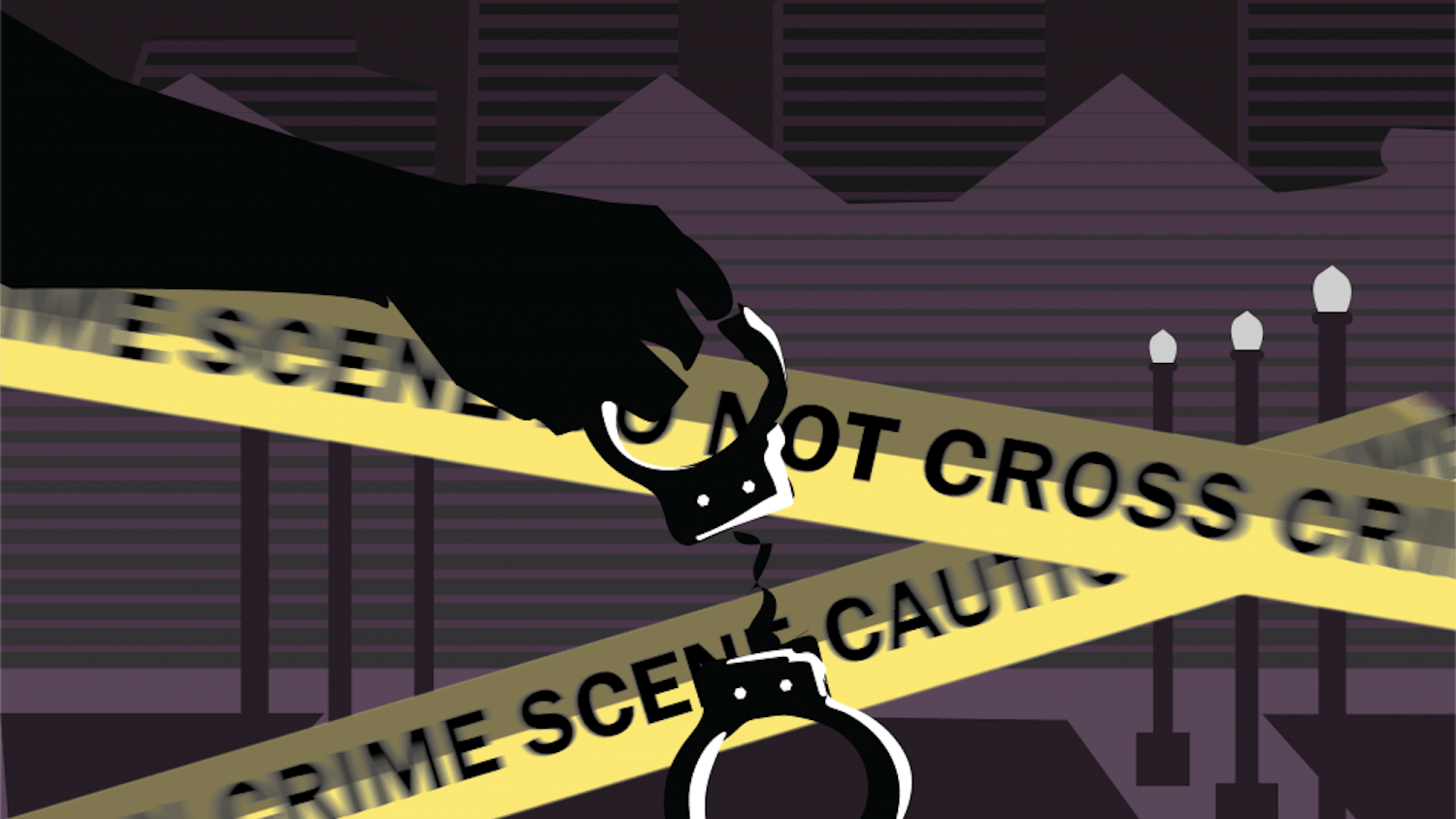Voice trembling, Debra Bennett came face-to-face with investigators who would finally listen to the abuses she said she and so many other women faced at Lowell Correctional Institution.
Although she had been released from the women’s prison in Ocala in March, she represents women inside the prison who allege sexual abuse and harassment. In response, the Department of Justice started an investigation into allegations Aug. 19.
An investigative team held an initial meeting at Marion Baptist Association in Ocala, where Bennett spoke up about what she witnessed.
“The punishment is just to go to prison,” Bennett said. “The punishment never said go to prison and abuse them.”
Bennett spent 16 years incarcerated in Florida, bouncing around to different prisons, but the five years she spent at Lowell were the worst, she said. While there, she witnessed countless incidents of mental, sexual and physical abuse as well as medical neglect, she said.
At the end of the meeting, the six-person investigative team split into separate rooms to privately interview people who wanted to come forward.
Laura Cowall, an attorney with the Civil Rights Division of the DOJ and part of the team, said the investigation is ongoing.
DOJ is unable to comment further until the end of the investigation, which could take months. If proof of the allegations is found, findings will be made public. If not, the Florida Department of Corrections will receive a report, Cowall said.
Bennett has contacted current inmates, including some who are afraid to speak up, she said.
Cowall told Bennett that federal law protected anyone who came forward and that investigators would take these reports seriously.
Lowell hasn’t responded to a request for comment.
Kathy Carlin, a mother of a Lowell inmate, said she was impressed there is an investigation at all. Sexual abuse and harassment is only a small part of problem, she said.
“It is like being in an abusive relationship for how many years you are incarcerated. Except in an abusive relationship, you can leave, fight back or call for help,” Carlin said. “In prison, there is no help.”
If inmates asked for help, they were often put into solitary confinement and their property was taken away, Carlin said. Women are frequently talked down to and called profanities, she said.
“We have to ask ourselves who we are as human beings that we would allow mothers, daughters, sisters and so forth to be subject to this kind of treatment,” Carlin said. “Taking you away from your family and out of society is your punishment, but as it turns out, that is just the beginning.”
Contact Jess Curbelo at jcurbelo@alligator.org and follow her on Twitter at @jesscurbelo





